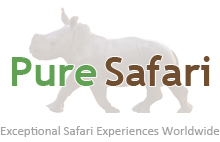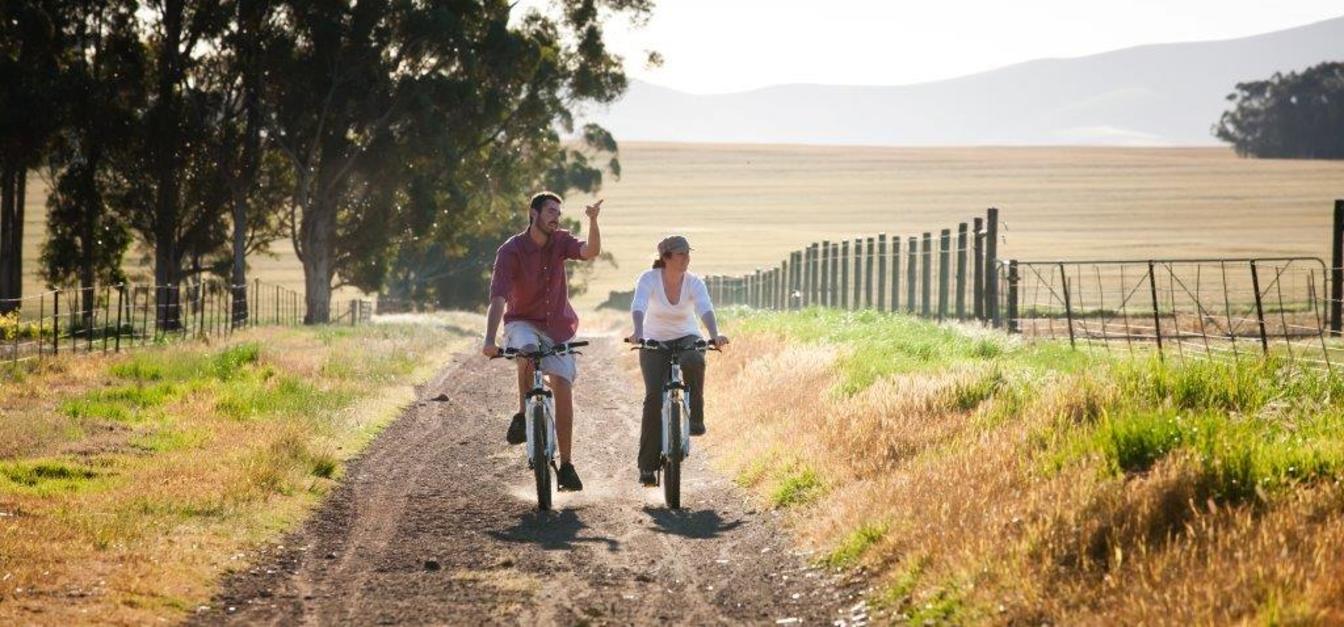Bartholomeus Klip Farmhouse
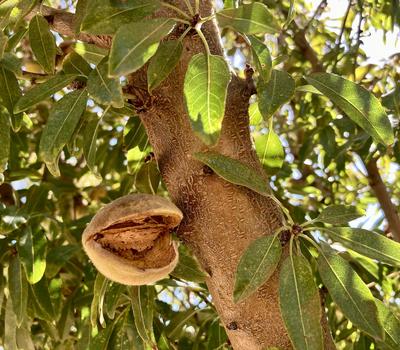
Cosecha de almendras
(INCLUDED)
Cuando el sol del verano está en su punto más alto y más caluroso, es la época de cosechar almendras. Un equipo dedicado de recolectores cosecha las nueces a mano, golpeando suavemente los árboles y recogiendo las nueces caídas (cáscaras y frutos) para colocarlas en largas lonas de tela.
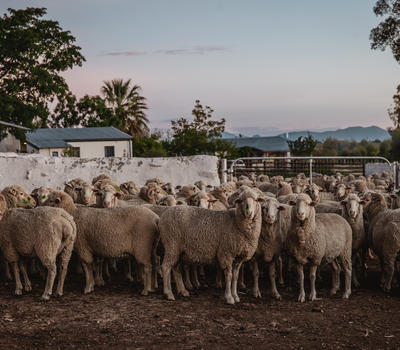
Parto
(INCLUDED)
El rebaño de ovejas de Elandsberg produce una media de 500 corderos al año. Esta es la oportunidad perfecta para unirse a nuestra oferta de almuerzos familiares los domingos en The Deckhouse, ¡y después dar un agradable paseo para ver a los adorables corderos y a las orgullosas mamás! Por favor, asegúrese de reservar para que podamos darle la bienvenida a la granja.
Cada año, nuestras ovejas merinas acuden en masa al gran cobertizo cerca de la granja para lo que creen que es un relajante tratamiento de spa, pero resulta ser un corte de pelo vigoroso y un masaje de tejido profundo no tan relajante ??
Las 4000 ovejas merinas se crían principalmente por su lana. Los huéspedes de Bartholomeus Klip disfrutan especialmente de la época del parto (normalmente después de las lluvias de principios de invierno, cuando las ovejas pastan) y les gusta visitar a los esquiladores del gran cobertizo cercano a la granja, donde la lana es esquilada, clasificada y empacada en fardos
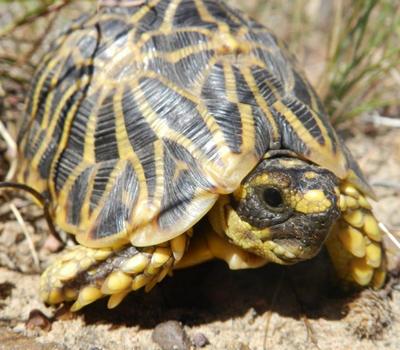
Proyecto Geometric Tortoise
Únase a nuestros expertos residentes en caza y naturaleza en un recorrido por los proyectos de conservación interactivos. El proyecto de rehabilitación de tortugas geométricas se creó después de que un incendio arrasara la reserva natural de Elandsberg en 2012, y tiene como objetivo investigar, proteger y garantizar la supervivencia de este reptil más raro y en mayor peligro de extinción del sur de África.
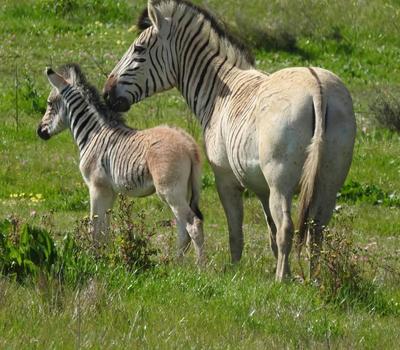
Proyecto Quagga
(INCLUDED)
El Proyecto Quagga es la asombrosa historia de una subespecie extinta de la cebra de las llanuras que fue devuelta a la vida y a su antiguo hábitat gracias a un grupo de dedicados científicos y granjeros.
Este proyecto, iniciado en 1987 por un grupo de personas dedicadas en Sudáfrica, ha rescatado con éxito a un animal de la extinción y lo ha reintroducido en las reservas de su antiguo hábitat. Mediante la reproducción selectiva de una población fundadora seleccionada de cebras de las llanuras del sur, se está intentando recuperar al menos los genes responsables del patrón de rayas característico de los quaggas.
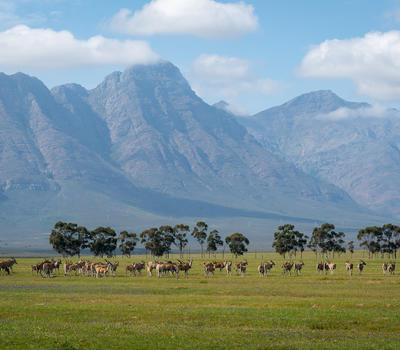
Reserva natural de Elandsberg
(INCLUDED)
10,000 acres de maravillas naturales intactas, hogar de 150 especies de aves y 70 especies de mamíferos, anfibios y reptiles. Un santuario privado en el corazón de la región florística del Cabo, con más de 840 especies de plantas, incluidos los fynbos, el renosterveld y la rara y endémica Elandsmontana. En Elandsberg, la conservación no es solo una misión, es un legado. Nos enorgullece ser los criadores fundadores de la tortuga quagga, una vez extinta y ahora en estado salvaje, y guardianes de la tortuga geométrica, en peligro crítico de extinción.
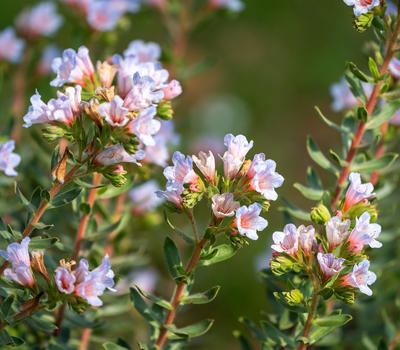
Flores y plantas
(INCLUDED)
La Reserva Natural de Elandsberg forma parte de la región florística del Cabo, que es uno de los seis reinos florales del mundo y el más pequeño de ellos con diferencia, pero extraordinariamente rico en especies de plantas con flores. La flora particular de nuestra reserva es tan especial que ha sido declarada reserva natural provincial, así como Patrimonio Natural, para salvaguardarla.
Algunas de las plantas con flores que crecen en Elandsberg, incluidas las especies que pertenecen a las familias Amaryllis, Iris, Geranium, Mollugo y Pea, solo se pueden encontrar aquí y se les ha llamado formalmente elandsmontana
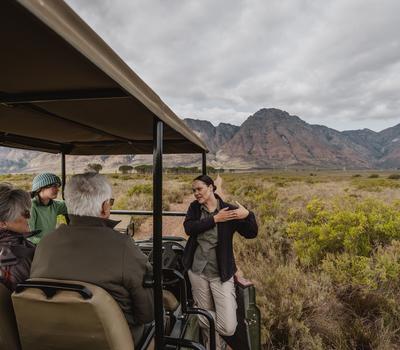
Accionamientos naturales
(INCLUDED)
Lo más destacado de una estancia en Bartholomeus Klip son los viajes por la naturaleza por la mañana y por la noche a través de la reserva natural de 10 000 acres. Hay muchos animales en la reserva de caza, fácilmente vistos en los fynbos bajos o en las llanuras herbáceas, pero el habitante más importante de la reserva es una criatura mucho más pequeña: la tortuga geométrica, uno de los reptiles más raros del mundo, segura aquí en su último hábitat viable, cerca de Ciudad del Cabo.

Observación de aves
Entre los pájaros de Bartholomeus Klip está el ave más grande del mundo, el avestruz, cultivado aquí en grandes rebaños a la altura del auge de las plumas de avestruz en la década de 1870 y hoy uno de los alimentos favoritos del leopardo. El magnífico águila negra (correctamente conocida como el águila de Verreaux) nida en las montañas, y la enorme presa cerca de la masía tiene una espectacular variedad de aves acuáticas, algunas residentes como las águilas de peces y los martín pescadores, y otras como los pelícanos y los billetes de cuchara menos visitantes regulares. También se han visto flamencos en algunas de las presas más pequeñas de Bartholomeus Klip y hay una gran cantidad de interesantes aves grandes y pequeñas en la reserva y en las tierras de trigo, incluyendo grandes bandadas de la grúa azul, el ave nacional de Sudáfrica.
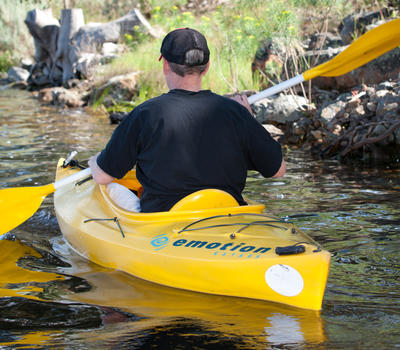
Actividades acuáticas
En la presa, los huéspedes pueden tomar el agua en kayaks, canoas, o practicar windsurf, pesca en agua dulce o observación de aves.
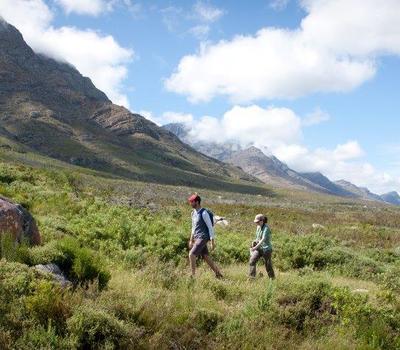
Senderismo y senderismo
Explore la reserva natural de 10 000 acres en bicicleta de montaña o tome un suave paseo por los fynbos. También hay la opción de senderismo en la montaña para disfrutar de las proteas y la vida de aves

Bicicleta de montaña
Disfruta de la granja y Reserva en Bicicleta

